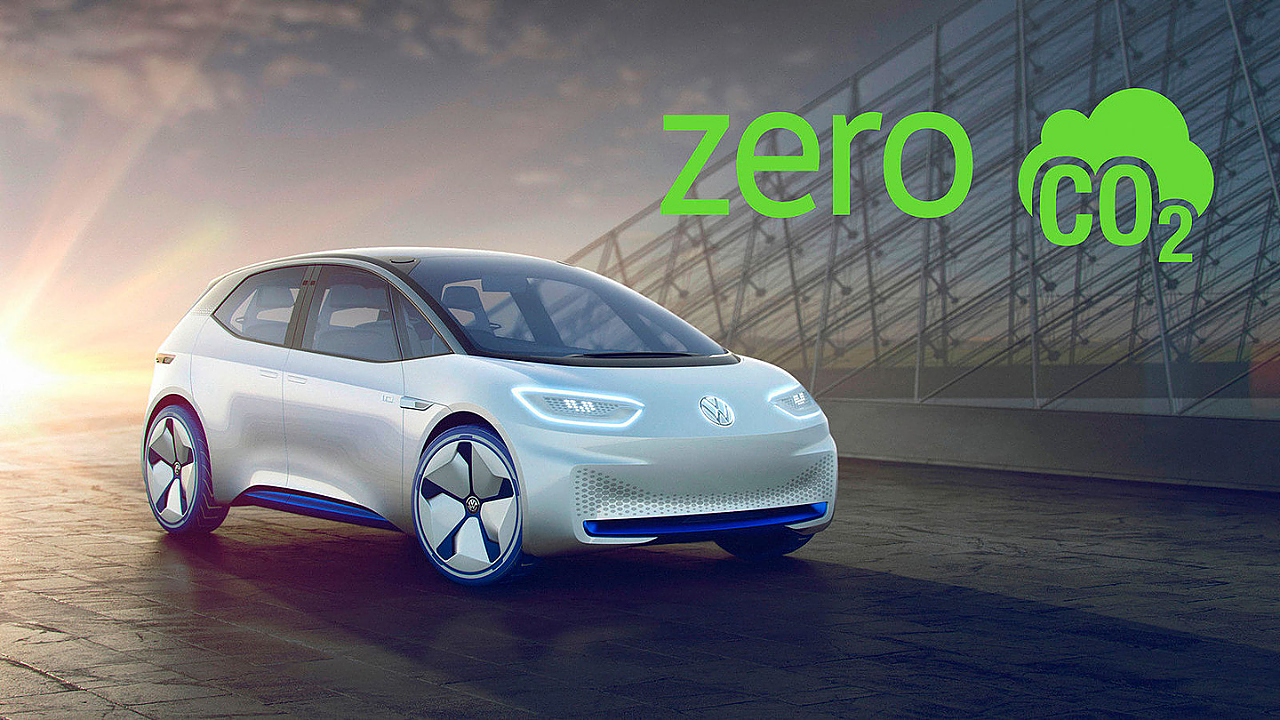
The rise in global temperatures has compelled every industry to reduce its emissions to make the globe a better environment for future generations to live in.
Every player in every industry has now put their pedal to the metal to meet the emissions target, including the automotive sector players.
Last year the Volkswagen Group’s CEO Herbert Diess stated that “The climate crisis is the greatest challenge of our time.”
In light of this, the company stated that it intends to be CO2-neutral on its balance sheet by 2050. It must be noted that VW Group was the first automaker to commit to the Paris climate agreement back in 2018.
The Volkswagen Group’s scope-1&2 emissions reduction targets were first examined by the Science-Based Targets initiative (SBTi) in September 2020.
The preparations at the time, according to the report, were in line with the Paris Climate Agreement’s objective to keep global warming well below two degrees Celsius.
However, the business has since said that it has increased its intention for emissions reduction targets in its own manufacturing sites to 50% by 2030, up from 30% in 2018.
Furthermore, for the second time, it launched ‘Project1Hour,’ where around 670,000 employees worldwide will be granted one hour of work time to propose new climate protection solutions for their carbon footprint and that of their company.
Last year, the ‘Project1Hour’ was backed by several promotions at the company’s numerous sites. A giant banner at the power plant in Wolfsburg and an electric car parade drew attention to the initiative.
Furthermore, Volkswagen South Africa replanted the Volkswagen trademark logo with 45-meter-diameter CO2-absorbent porkbush plants.
While the Audi team in Brussels developed a new green space on the factory grounds, SEAT in Martorell halted the project’s manufacturing lines. At the same time, employees at MAN Bus in Starachowice turned in their outdated electrical equipment at the factory entrance in exchange for a tree plant.
SBTi has re-evaluated the group’s actions in light of this latest development. According to the report, its scope-1 (internal operations) and scope-2 (energy supply) emissions have risen from ‘below two degrees’ to ‘1.5 degrees.’
Currently, the company has obtained 96% of its external electricity from renewable sources at its EU sites. By next year, it hopes to reach 100% in the EU. While the same aim is set for all locations outside of China by 2030.
With its stricter CO2 reduction targets, the Group-wide production contributes to achieving the overall climate targets. By 2030, the company aims to emit 30% less CO2 on an average per vehicle, including passenger cars and light commercial vehicles, over the lifecycle than in 2018.
The group said that through its efforts, it was able to lower its CO2 footprint by 1.7 tonne per newly produced car across the group last year in 2021.
Aside from the availability of renewable energies, the primary reasons for this are the electrification of the product line and Volkswagen’s assistance for the growth of wind and solar parks in Europe.
Earlier, while announcing its ambitions to become a carbon-neutral company, the group plans to invest a total of € 35 billion by 2025 to become the leader in the e-mobility space.
In 2020, the Group brands had delivered 231,600 BEVs, more than three times as many as in 2019. Plug-in hybrids were also very popular, it said, with 190,500 vehicles, an increase of 175%, YoY.
By 2030, Volkswagen Group aims to launch around 70 pure e-models, of which around 20 have already started, it added.
In addition, by the end of the decade, there will be around 60 hybrid vehicles in the product portfolio, of which just over half are already in production, it added.
Diess said, “Whether the earth warms by 1.5 or two degrees Celsius by 2050 has a major impact on developments such as species extinction, droughts and rising sea levels. The Volkswagen Group is taking its responsibility to protect the world for future generations. That is why we are sharpening our own emissions reduction targets in production after less than two years. We are pleased that the Science Based Targets initiative recognises this.”
In addition to all this, the group is also working to become more sustainable in other areas, such as decarbonising its supply chains, recycling and electrifying its vehicles.
“How successful we continue to be as a company in the fight against global warming is also up to each and every individual. That is why our group-wide Project1Hour is especially close to my heart. Everyone can contribute with good ideas to help us gain even more momentum in climate protection,” Diess concluded.